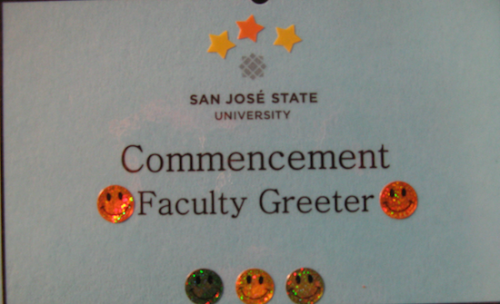Brains develop; they go through a process of change and refinement that is dependent on interactions with the environment. As ought to be obvious, then, brains are going to be exquisitely sensitive to their inputs. This state suggests all kinds of interesting experiments we’d like to perform on human fetuses and infants — except that good scientists also pay heed to ethical constraints. Other social institutions may lack such inhibitions, though, and go out and do the experiments for us: witness the case of Romanian orphanages.
Romania has had orphanages for centuries. But its orphan crisis began in 1965, when the communist Nicolae Ceaușescu took over as the country’s leader. Over the course of his 24-year rule, Ceaușescu deliberately cultivated the orphan population in hopes of creating loyalty to — and dependency on — the state. In 1966, he made abortion illegal for the vast majority of women. He later imposed taxes on families with fewer than five children and even sent out medically trained government agents — ‘The Menstrual Police’ — to examine women who weren’t producing their quota. But Ceaușescu’s draconian economic policies meant that most families were too poor to support multiple children. So, without other options, thousands of parents left their babies in government-run orphanages.
By Christmas day in 1989, when revolutionaries executed Ceaușescu and his wife by firing squad, an estimated 170,000 children were living in more than 700 state orphanages. As the regime crumbled, journalists and humanitarians swept in. In most institutions, children were getting adequate food, hygiene and medical care, but had woefully few interactions with adults, leading to severe behavioural and emotional problems. A handful of orphanages were utterly abhorrent, depriving children of their basic needs. Soon photos of dirty, handicapped orphans lying in their own excrement were showing up in newspapers across the world.
Efforts to correct this situation were hampered by the mythology of the government that the deplorable state of these childrens was not caused by institutionalization, but that the ill, weak, mentally retarded children were placed there because of their prior condition. This wasn’t just an opportunity to explore the effects of early socialization on children’s development, but also an ethical obligation to determine the causes of their problems.
This is how the Bucharest Early Intervention Project was launched, a study that tries to examine how social neglect affects children placed in Romanian state orphanages. The answers were obvious, despite state denials: we’ve known for years, at least since the work on Harlow’s monkeys, that the primate brain needs extensive interaction with responsive and caring conspecifics to mature properly. And that’s what they’re finding: these poor desperate children have been damaged and are suffering thanks to long-term policies of social impoverishment.
What they found was unsurprising: children’s brains can be harmed by growing up in the harrowing setting of a state orphanage (read the full story to get the picture of just how awful these particular orphanages could be):
In the Hilton Hotel in Bucharest, with representatives from several Romanian ministries and the US ambassador in attendance, the researchers reported that, as expected, the 136 children who started in institutions tended to have diminished growth and intellectual ability compared with controls who had never lived outside of a family. But there was a surprising silver lining. Children who had been placed in foster care before the age of two years showed significant gains in IQ, motor skills, and psychological development compared with those who stayed in the orphanages.
Oh, and were their brains “pretty much normal”? Nope. You have to be very careful interpreting MRI data, but they got some dismaying results.
As the children got older, the researchers gave them brain scans (renting out time with a private clinic’s MRI machine, one of only a handful in the country). These scans showed that, at around the age of eight, the children who grew up in institutions have less white matter, the tissue that links up different brain regions, compared with those in foster care. The researchers looked at the children’s genomes, too, and found that those who lived the longest in orphanages tend to have the shortest telomeres, the caps on the end of chromosomes that are related to lifespan.
It’s a depressing story, not just because the fate of these children is so sad, but because the availability of strong scientific data that explains what needs to be done to correct the problem seems to be affecting government social policy very, very slowly or not at all.


